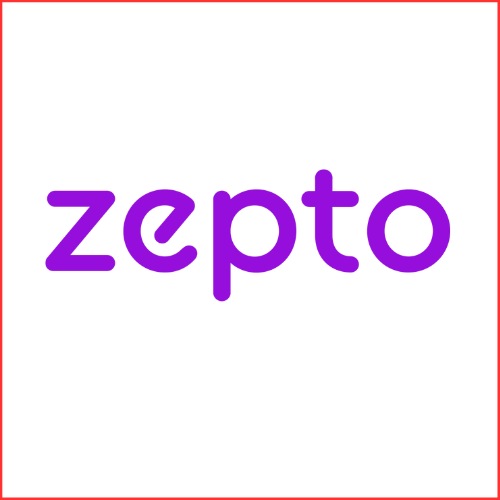Shein, the Chinese-founded online fashion company now based in Singapore, recently raised $2 billion in its latest funding round, valuing the company at $66 billion. This valuation represents a significant decrease from its previous valuation of $100 billion a year ago. The company’s decision to lower its valuation was influenced by declining tech company share prices and increased pressure from U.S. lawmakers regarding its labor and environmental practices.
Despite the valuation decrease, Shein remains a formidable player in the online fashion industry. The company generated $23 billion in revenue last year, closing in on European rivals H&M and Zara’s owner, Inditex. Shein’s net profit for the same period was $800 million. The company has set a target to grow its revenue by 40% this year.
The recent funding round was co-led by Sequoia Capital, General Atlantic, and the U.A.E. sovereign-wealth fund Mubadala. Existing investors were allotted more shares to maintain their stakes in the company. Some of Shein’s current investors believe that the lower valuation leaves room for the company to increase its market value if it goes public, although an initial public offering (IPO) would face challenges due to increased scrutiny.
Shein and its competitor, Temu, owned by Chinese e-commerce company PDD, have faced criticism from U.S. lawmakers amid rising geopolitical tensions between the U.S. and China. The House China Committee sent letters to Shein, Temu, Nike and Adidas, inquiring about their compliance with the Uyghur Forced Labor Prevention Act, which bans cotton from China’s Xinjiang Region in the U.S. market. Additionally, more than 20 lawmakers signed a bipartisan letter urging the Securities and Exchange Commission to order a supply-chain audit before Shein can proceed with an IPO on American stock exchanges.
In response to these concerns, Shein stated that it does not have suppliers in Xinjiang and that its suppliers must adhere to a strict code of conduct aligned with the International Labor Organization’s core conventions. The company claims to have “zero tolerance for forced labor.” Shein’s website states that its manufacturers are only allowed to source cotton from approved regions such as the U.S., India, Brazil, Australia, Bangladesh, Tanzania, and Pakistan.
To address investor concerns about its environmental, social, and governance performance, Shein hired the London-based consulting firm ERM to conduct an independent review and due diligence. The company aims to address criticisms and improve its practices in these areas.
Despite the challenges and backlash, Shein remains confident in its position as a disruptor in the fashion industry. Marcelo Claure, Shein’s Latin America chairman, stated that backlash is expected when a company is changing the landscape of an industry. He believes that the negative attention is a result of Shein diverting many billions of dollars from traditional retail.
Shein experienced significant growth during the pandemic, attracting millions of American shoppers with its affordable and trendy clothing sold through an easy-to-use mobile app. The company operates exclusively online and does not sell its products in China. Founded in 2008, Shein quickly gained popularity among young consumers in the U.S., Europe, and other markets, offering a wide range of fashionable clothing items at competitive prices.














